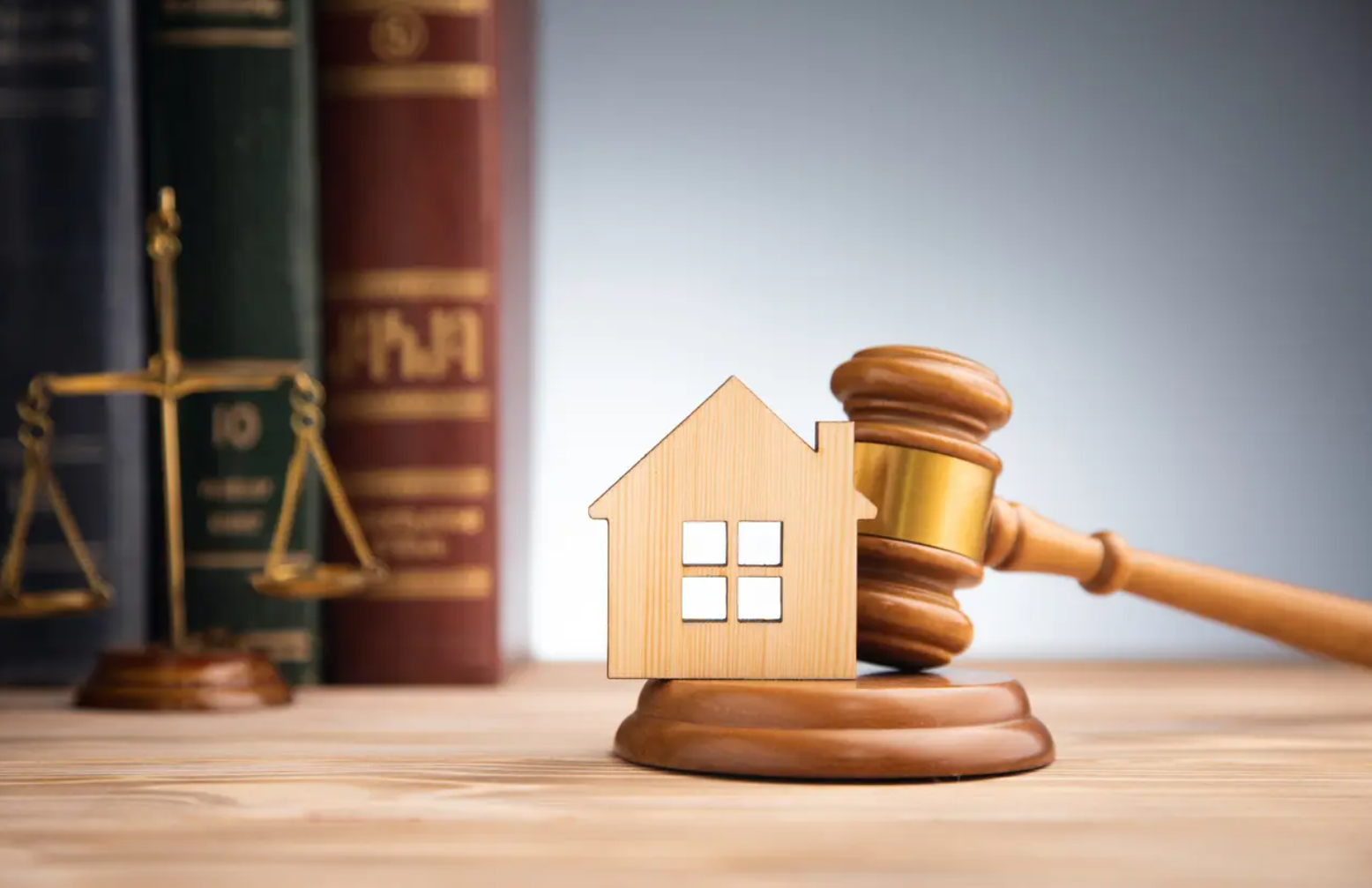
Guide to Local Regulations and Licensing for New Landlords
As a real estate property owner and someone who invests in rental properties, new property owners or people thinking about getting into renting properties need to know the importance of working with their local city ordinance and building inspection office in order to get all the relevant information needed to obtain before embarking on a real estate property journey as a landlord renting to people long term and short term.
This will cover the essential aspects of working with local authorities as a landlord and cover topics such as researching local laws and regulations, where to find these laws and regulations, how to contact the city ordinance and building departments, and what steps are generally involved to become a licenses landlord and to have the property inspected as well as what happens after obtaining these licenses and permits to rent a property. The guide is structured to be both informative for first-time landlords and useful as a reference document for experienced property owners.
A Property Owner’s Guide to Local Regulations and Licensing
Introduction
Becoming a landlord requires more than just purchasing a property. Understanding and complying with local regulations is crucial for legal operation and protecting your investment. This guide will help you navigate the essential steps of working with your local authorities.
1. Research Local Laws and Regulations
Where to Find Information
- City/Municipality Website
- Search for “rental property regulations” or “landlord requirements”
- Look under departments like Housing, Building Safety, or Community Development
- County Recorder’s Office
- Property zoning requirements
- Historic district restrictions
- Local Library
- Access to municipal codes
- Reference librarians can assist with research
Key Areas to Research
- Zoning laws and restrictions
- Rental licensing requirements
- Building codes
- Safety regulations
- Short-term rental restrictions
- Fair housing laws
- Rent control ordinances (if applicable)
2. Contacting Local Authorities
Building Department
- Schedule an initial consultation
- Request property inspection requirements
- Obtain necessary forms and applications
- Ask about:
- Inspection schedules
- Common compliance issues
- Fee structures
- Processing times
City Ordinance Office
- Request current rental regulations
- Verify zoning compliance
- Understand:
- Occupancy limits
- Parking requirements
- Noise ordinances
- Waste management rules
Best Practices for Communication
- Document all interactions in writing
- Keep copies of all correspondence
- Follow up emails with phone calls
- Maintain a contact list of key personnel
3. Licensing Process
Pre-Application Phase
- Property Assessment
- Evaluate current condition
- Identify necessary repairs
- Review compliance requirements
- Documentation Gathering
- Property deed
- Insurance certificates
- Tax records
- Floor plans
- Previous inspection reports
Application Process
- Submit Required Forms
- Rental license application
- Business license (if required)
- Property manager registration
- Emergency contact information
- Pay Associated Fees
- Application fees
- Inspection fees
- License fees
- Registration fees
- Schedule Inspections
- Initial property inspection
- Fire safety inspection
- Health department inspection (if applicable)
- Lead paint inspection (for older properties)
4. Property Inspections
Preparation Checklist
- Ensure all utilities are on
- Clear access to all areas
- Test smoke/CO detectors
- Check all electrical outlets
- Verify proper ventilation
- Ensure working plumbing
- Maintain proper lighting
Common Inspection Points
- Safety Features
- Fire exits
- Smoke detectors
- Carbon monoxide detectors
- Fire extinguishers
- Emergency lighting
- Building Structure
- Foundation
- Roof
- Windows and doors
- Stairs and railings
- Wall/ceiling condition
- Systems
- Electrical
- Plumbing
- HVAC
- Water heater
5. Post-Licensing Requirements
Ongoing Compliance
- Annual renewals
- Regular inspections
- Updated certificates
- Insurance maintenance
- Property maintenance standards
Record Keeping
- Maintain inspection records
- Keep copies of all licenses
- Document maintenance
- Store tenant communications
- Track complaints and resolutions
Reporting Requirements
- Occupancy changes
- Major repairs or renovations
- Incident reports
- Annual safety certifications
6. Additional Considerations
Short-Term Rentals
- Special permits required
- Different inspection standards
- Additional insurance needs
- Platform-specific requirements
Property Management
- Licensed property manager requirements
- On-site management rules
- Emergency response protocols
- Maintenance schedules
Resources and Contacts
Important Numbers
- Building Department
- Fire Marshal
- Health Department
- Housing Authority
- Code Enforcement
- Emergency Services
Professional Associations
- Local Landlord Association
- Real Estate Investors Group
- Property Managers Association
- Housing Coalition
Conclusion
Successful property management starts with understanding and following local regulations. Stay informed about changes in local laws and maintain open communication with regulatory authorities. Consider joining local landlord associations for ongoing support and updates.


